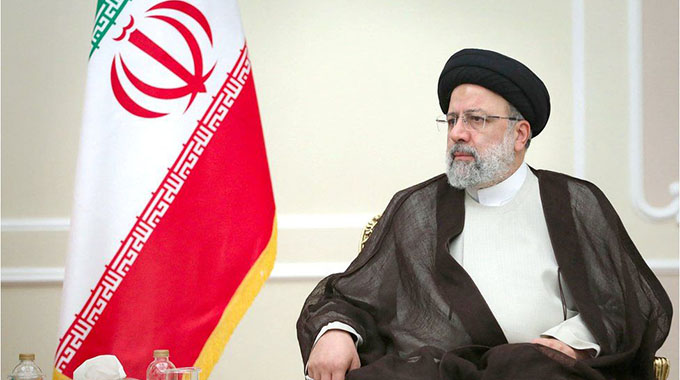. . . Gulf states fear deal will boost Iran regional ambitions

DUBAI. — Sunni-ruled Gulf monarchies feel let down by their US ally and want good relations with their Shiite neighbour Iran but also fear the Geneva nuclear deal will boost its regional ambitions, analysts say. Saudi Arabia and the oil- and gas-rich nations of the Gulf were weighing their reactions yesterday hours after the agreement was signed between Iran and Western powers.
Tehran agreed to curb its nuclear programme in the breakthrough interim deal that world powers claimed was the biggest step in decade-long efforts to deny Iran an atomic bomb.
But Gulf states have never made a secret of their concerns about Iranian regional ambitions.
“In principle, the Gulf states want good relations with Iran,” Saudi analyst Jamal Khashoggi told AFP.
“But the (Geneva) agreement has reduced the Iran problem to the nuclear level only, while its regional interference is of key concern to these countries.”
Khashoggi said Gulf states “fear Iran will see this accord as encouragement to act with a free hand in the region”.
Tehran is a key backer of Syrian President Bashar al-Assad, of the Shiite Alawite sect, in his fight against a nearly three-year insurrection.
The Islamic republic is also seen as feeding instability in Bahrain and Yemen through the Shiite communities there.
But President Barack Obama moved quickly to reassure US allies yesterday, saying Washington “will remain firm, as will our commitment to our friends and allies — particularly Israel and our Gulf partners, who have good reason to be sceptical about Iran’s intentions.”
Israeli Prime Minister Benjamin Netanyahu dismissed the nuclear agreement, calling it “not a historic agreement but rather a historic mistake”.
He reiterated Israel’s right to defend itself, and his hawkish foreign minister Avigdor Lieberman said “all options are on the table”.
The Gulf states and Israel do not see eye-to-eye on Iran, said Khashoggi, adding that “the main problem of the Jewish state is (its own) nuclear” capability.
For Saudi analyst Anwar Eshki, head of the Jeddah-based Middle East Centre for Strategic and Legal Studies, the deal “is not negative, but it is not enough”.
Under the Geneva agreement, Iran will limit its nuclear programme in exchange for US$7 billion (5.2 billion euros) in sanctions relief.
Over the next six months, Iran and the United States, China, Russia, France, Britain and Germany are to negotiate a more comprehensive deal.
“We are worried,” said Eshki, pointing to the $7 billion.
“We need to know whether these funds will be used by the Iranian regime for its own people, or to further finance crises in the region,” he said, listing Gulf nations’ grievances with Iran. — AFP.









Comments